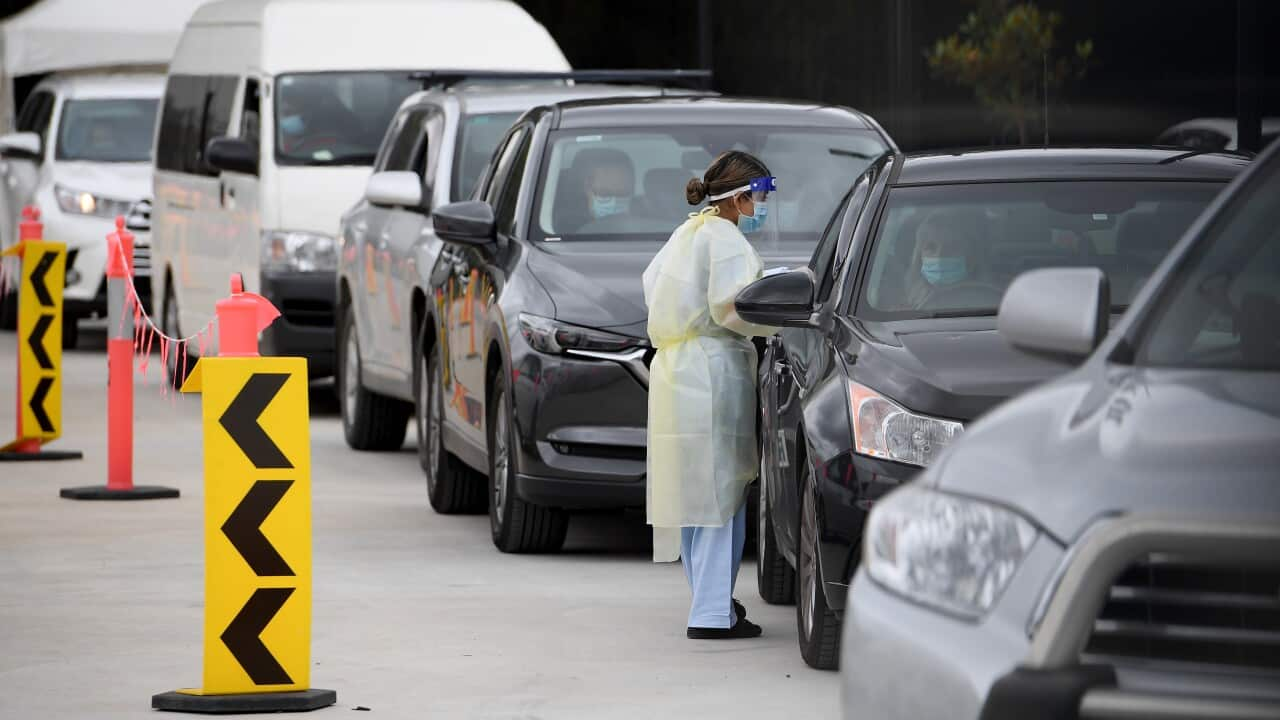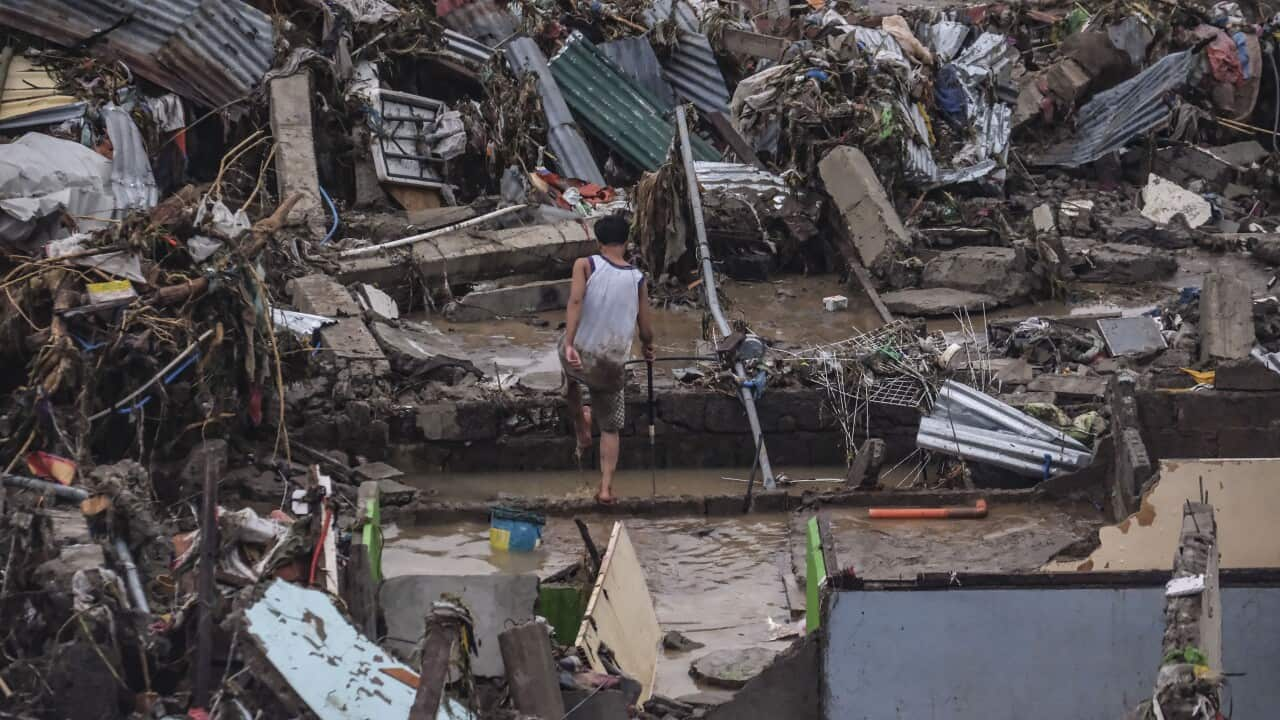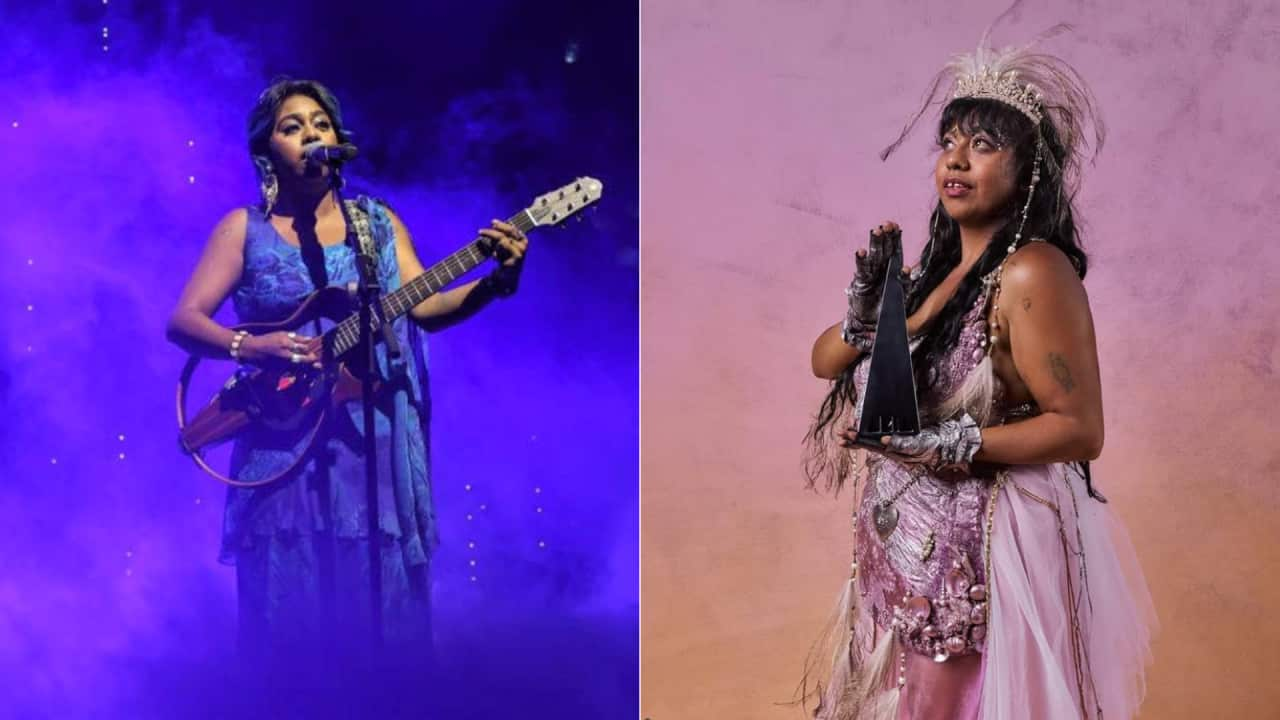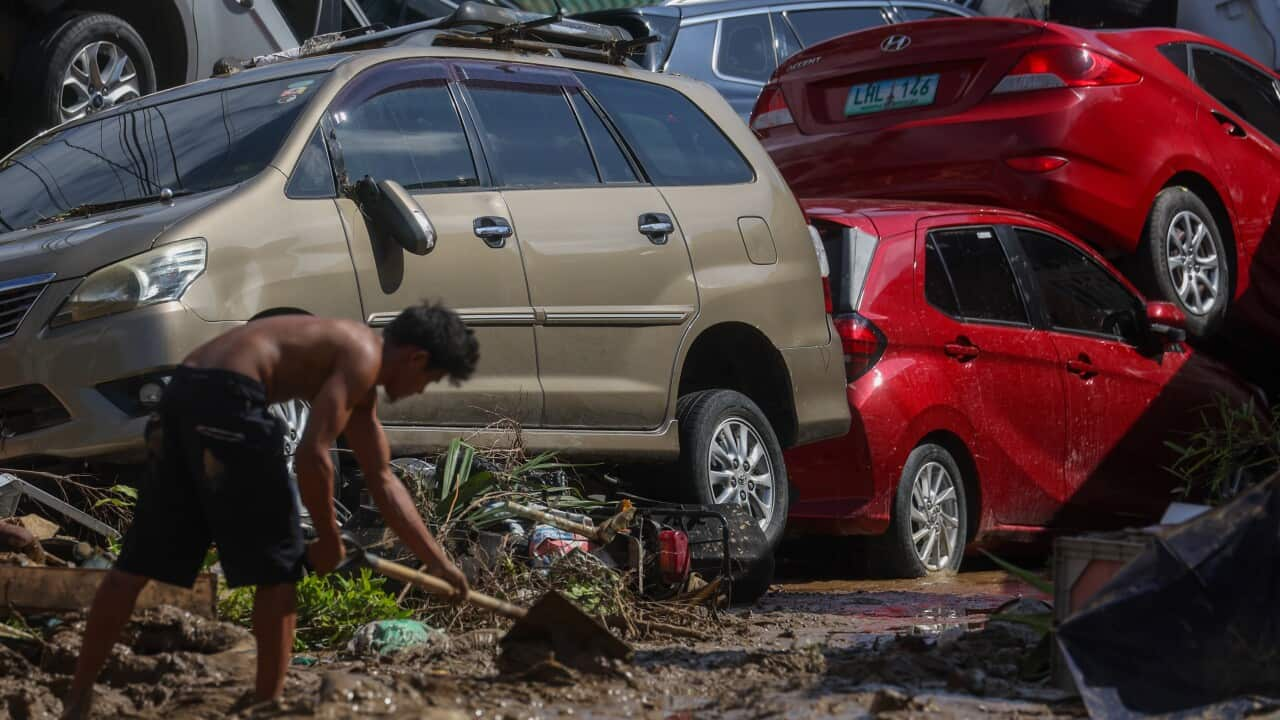Highlights
- NSW health authorities are urging people in some regional areas and multicultural communities to get tested for COVID-19
- Authorities are reassuring multicultural communities that COVID-19 testing is free
- Five new cases of coronavirus has been recorded today
New South Wales has recorded five new cases of coronavirus: one from overseas, two linked to the Berala cluster, one linked to the Avalon cluster and one under investigation.
NSW Health Minister Brad Hazzard says "a whole range of efforts" are communicating health messaging to multicultural communities, including local community radio stations. Written advice and social media are also being implemented in a number of different languages too.
"What I would ask is that community leaders to actually step forward and make sure your particular community hears the message.
You know best how to reach out to each of these communities and I'd ask you to do that in whatever ways you can do it and to stress the messages that NSW Health is sending, particularly in that Berala region"
Errors were uncovered last year in the translations of key health messages, that put the Federal and Victorian governments in the spotlight.
According to 2016 Census figures, the suburb of Berala is highly multicultural, with nearly 80 per cent of residents speaking a language other than English at home.
Mr Hazzard also responded to reports that some people thought they had to pay for COVID testing.
"Even if you have come from another country, an international destination, and you happen to be caught up here in NSW, and not able to go back to your own country, NSW Health and the NSW government are picking up the charge for even your hospitalisation but also for tests.
So in the first instance of course, if you go in with your medicare card, some people are thinking that means that you will be charged. No, you won't. It can be actually swiped using your medicare card but if you don't have a medicare card, it will be free. The message is, get tested, it's free. We're here to back you when you back the community"
General Practitioner Dr Olataga Alofivae-Doorvibbinia issued this important message for people from multicultural communities who are worried about being blamed or are shy about getting tested.
"I'd say to all our multicultural people out there, please don't be shy. This is a very important test, we are in the middle of a pandemic. It's very important that if you have symptoms or you think you may have been exposed, come forward. The test is done in general practice and in certain practices. It's done very professionally and it's very straight forward. We aim to identify anyone very, very quickly"




